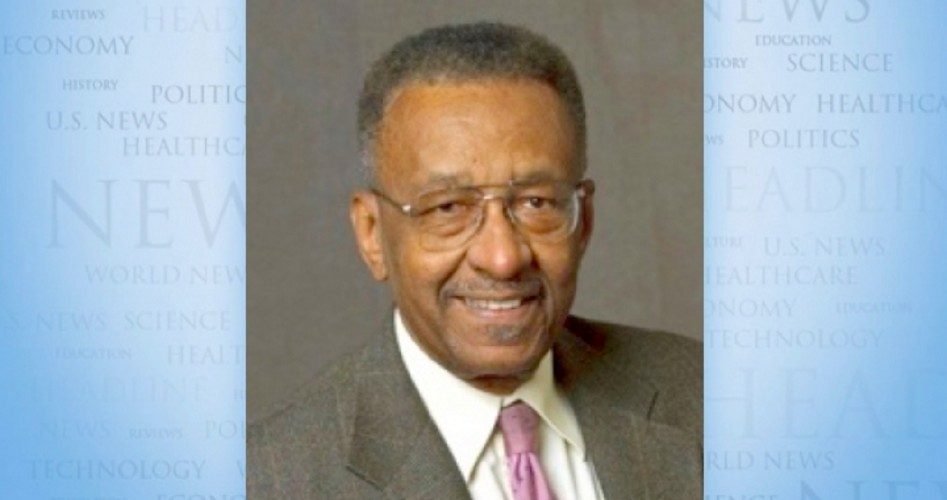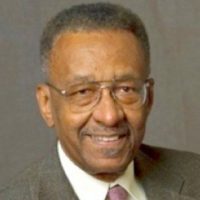
The prospects for a better future are nearly hopeless for roughly 20 percent of black people — those who reside in big-city crime-infested and dysfunctional neighborhoods. There is virtually nothing that can be done about it without a major rebuilding of the black community from within. Let’s examine some of the aspects of the problem and the dismal prognosis, given the status quo.
The most important social unit is the family. Many talk about the “breakdown” in the black family when a far more accurate description is that the family doesn’t form in the first place. About 73 percent of black babies are born to unwed mothers. By the way, that percentage was 25 in 1963 and 11 in 1938. The absence of fathers is crucial. Even President Barack Obama recognized this when he said that “children who grow up without a father are five times more likely to live in poverty and commit crime, nine times more likely to drop out of schools and 20 times more likely to end up in prison.” Female-headed households are a devastating problem, but the solution lies almost exclusively within the black community. It’s a massive job for black churches and social organizations. If there is a role for government to play, it’s to stop subsidizing such behavior with handouts.
Education and skills acquisition are vital to upward mobility. But what goes on in many predominantly black schools is no less than a betrayal to those blacks and whites who sacrificed their blood, sweat and tears during the civil rights struggle of the 1940s, ’50s and ’60s in an effort to secure better educational opportunities. Nationally, an average of 1,175 teachers and staff were physically attacked each day of the 2011-12 school year. Most of this occurred at predominantly black schools. In Baltimore, each school day in 2010, an average of four teachers and staff were assaulted. Some Chicago teachers are treated for post-traumatic stress. Given this climate of fear, intimidation and disorderliness, one should not be surprised by an outcome that shows that the average black student who manages to graduate from high school has an academic achievement level of a white seventh- or eighth-grader.
I do not believe that the disgraceful academic performance by black students is preordained. In other words, it just doesn’t have to be that way. The first order of business for education to occur is the provision of an orderly, safe teaching and learning environment. The education establishment and civil authorities have ignored their responsibility — or have been thwarted in their efforts — to create such an environment. Rather than watch future generations of black people have their educational opportunities destroyed, black people who really care need to act. They can readily discover the miscreants and use whatever methods at their disposal to stop them from making education impossible for others. The bottom line is that if civil authorities will not act to ensure a safe and orderly learning environment, there is no reason for black people to accept such inability and its results.
Here’s an experiment. Meet with black people such as Reps. John Conyers (age 87), Charles Rangel (86), Eddie Bernice Johnson (80), Alcee Hastings (79) and Maxine Waters (77). Ask them whether their parents would have tolerated their assaulting and cursing teachers or any other adult. I bet you the rent money that their parents — or any other parents they knew when they were growing up — would not have accepted the grossly disrespectful behavior seen today among many black youngsters, using foul language and racial epithets. Older blacks will tell you that had they behaved that way, they would have felt serious pain in their hind parts. If blacks of past generations would not accept such self-destructive behavior, why should today’s blacks accept it?
The bottom line is that only black people can solve our problems.
Related article: Challenges for Black People
Walter E. Williams is a professor of economics at George Mason University. To find out more about Walter E. Williams and read features by other Creators Syndicate writers and cartoonists, visit the Creators Syndicate webpage at www.creators.com.
COPYRIGHT 2016 CREATORS.COM



